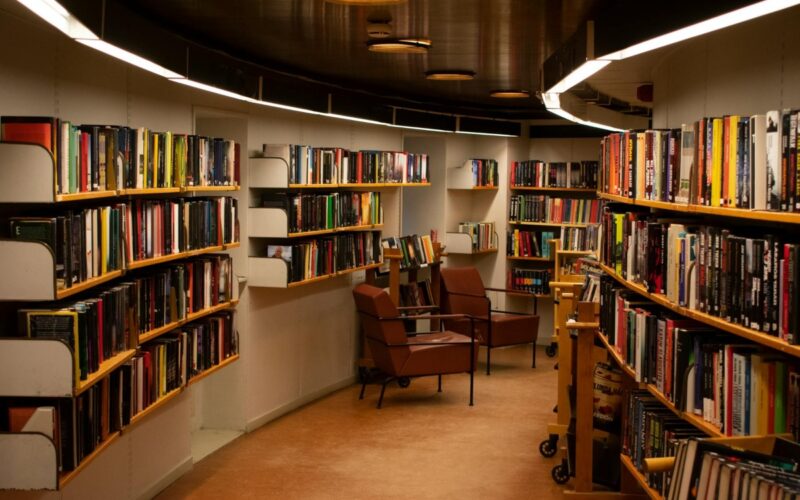Libraries have long been seen as quiet sanctuaries yet their role stretches far beyond silent reading rooms. They serve as anchors of culture and memory where stories travel across generations and ideas find new homes. From the smallest village hall to the grand halls of national archives the library has always carried the weight of collective thought.
In modern times the shelves are not only lined with hardcovers but also with glowing screens. Knowledge slips between paper and pixel with equal ease. Those who are looking for more options often include Z library in their list showing that curiosity does not respect one format alone. The instinct to search for ideas in every corner remains as strong as ever.
Nurturing Minds and Values
Books do more than inform. They shape the rhythm of thought and expand the horizon of empathy. A child stumbling upon “Charlotte’s Web” may discover compassion in the struggles of a small spider. An adult reading “The Grapes of Wrath” may come closer to understanding hardship that is far from their own life. These encounters make a society more thoughtful because they stir hearts as much as they train minds.
Public libraries also set the tone for shared responsibility. They remind people that knowledge is not only a private possession but also a public trust. To walk through the door of a library is to join a pact where the treasures of learning are held in common. That small act of borrowing and returning speaks volumes about respect for both community and continuity.
Here the ways a library shapes this thoughtful ground can be seen more clearly:
- Encouraging dialogue across generations
A library is one of the few places where an elder and a child may sit side by side in search of different worlds yet share the same air of discovery. That setting allows ideas to cross from one age to another with ease. The wisdom of the past can meet the curiosity of the present in a natural exchange. It is not forced by design but grows from the rhythm of shared space. These encounters often lead to unexpected bridges where a question sparks a story or a memory leads to a recommendation. In that simple interaction lies the seed of a thoughtful society because thought itself is born in dialogue not in isolation.
- Offering equal access to knowledge
A thoughtful society does not grow only where privilege resides. A library makes sure that books stand within reach of every hand. The scholar looking for dense theory and the worker hoping for a quiet evening with “To Kill a Mockingbird” both find a seat at the same table. Access removes the wall between rich and poor and levels the ground where ideas can flourish. That openness teaches fairness and nurtures respect. It shows that knowledge is not a commodity to hoard but a resource to share. This ethos trickles into daily life shaping how people see justice and equality.
- Inspiring imagination and critical thought
The shelves of a library are more than storage. They are gardens of imagination. One person might stumble upon “1984” and question authority while another may find “Brave New World” and wonder about the cost of comfort. These sparks lead to bigger fires of reflection and debate. In that process people sharpen their ability to question to compare and to reason. A thoughtful society cannot exist without such skills because thought without imagination is a hollow frame and imagination without thought is a wild fire without control.
After seeing these layers of impact it becomes clear that the library is not only a keeper of stories but also a builder of character.
A Silent Teacher in Every City
The presence of a library in a town is like the steady glow of a lamp at night. It may not shout but it guides the way. Students find help for exams. Immigrants discover new language skills. Dreamers gather ideas for projects not yet born. This silent teacher does not demand attention yet its lessons echo in every corner of society.
The role of a library is not a relic of the past. It continues to shape habits values and visions. The walls may change from brick to digital screens but the spirit remains the same. A thoughtful society is not built overnight. It grows with patience with sharing and with voices carried from shelf to shelf page to page. A library is both the stage and the script for that unfolding play.
Image Credit: Rafael Cosquiere










